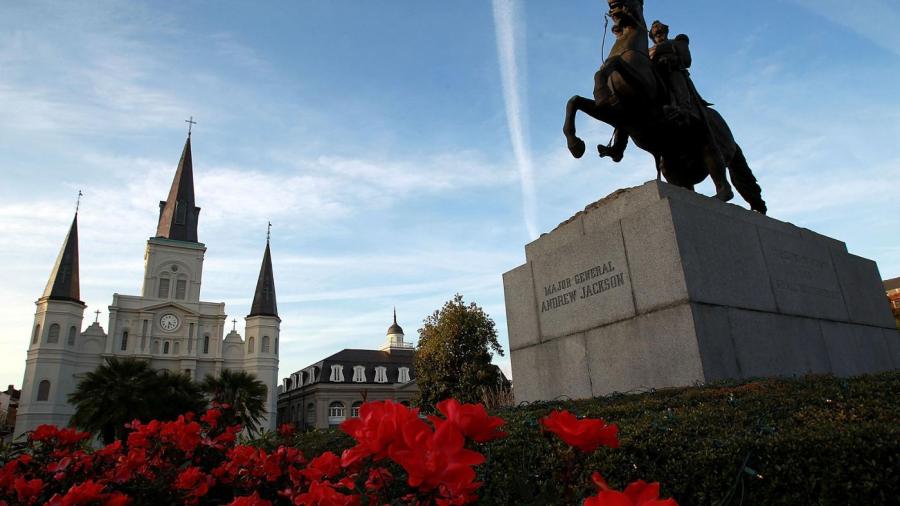Why Did Andrew Jackson Oppose the National Bank?

Andrew Jackson was the seventh president of the United States, serving two consecutive terms in the early- to mid-1800s. His distrust in financial institutions led to what would become known as the Bank War.
The Bank of the United States George Washington created the original Bank of the United States in 1791 with the intention for the bank to store federal funds and pay off national debts. From its inception, the bank never answered to voters. The bank was only accountable to a board of directors and the stockholders, all wealthy businessmen with an interest in industrial businesses and commerce. The Second Bank of the United States was created in 1816, five years after the original bank lost its charter. Nicholas Biddle was the director of the Second Bank of the United States and would fight against Jackson’s efforts to shut down the bank.
Reasons Jackson Opposed the National Bank Jackson began investigating the Second Bank of the United States immediately upon becoming president in 1829. His concerns were backed by agrarians who didn’t benefit much from the wealthy run and operated bank. Jackson did oppose the constitutionality of the bank, but the U.S. Congress ruled that the bank was constitutional. Jackson didn’t like that the bank refused to give credit to those who wanted to adventure west and expand into that territory, essentially delaying what Jackson found to be important, which was westward expansion. He also fought against the political and economic power held by the bank and those on the board of directors, citing unfairness to the common man and oppressing economical gain of those not a part of the elite. The lack of oversight by Congress was another facet of the Second Bank of the United States that Jackson opposed and fought with bank director Biddle about changing.
Veto Power In 1832, Biddle and his congressional supporters, including presidential hopeful Henry Clay, drew up a new charter for the bank. The bank’s supporters fully expected Congress to pass a new charter, even though the existing charter didn’t expire for another four years, and didn’t expect Jackson to veto the charter. Biddle’s thinking was that Jackson would alienate voters by vetoing the charter and wouldn’t risk losing a second term by not allowing the new charter. Biddle was wrong and underestimated the amount of voter support Jackson had from the common person, resulting in Jackson using his veto power to stop the recharter bill.
Removal of Federal Funds In 1833, Jackson officially removed all federal funds from the Second Bank of the United States, reallocating the funds to selected state banks. He announced that the government would no longer rely on this bank any further, and no money would deposit into the Second Bank of the United States after October first. Biddle responded by creating economic difficulties, including demanding repayments of loans, refusing credit and making it difficult for people to get the money they needed. This plan backfired, though, as businessmen demanded that Washington fix the economic issues resulting from the Bank War, no deposits returned to the central bank and Biddle’s ability to mess with the economy essentially proved that there shouldn’t be one central bank with mass control. The bank’s official charter expired in 1836, signifying a victory for Jackson.





